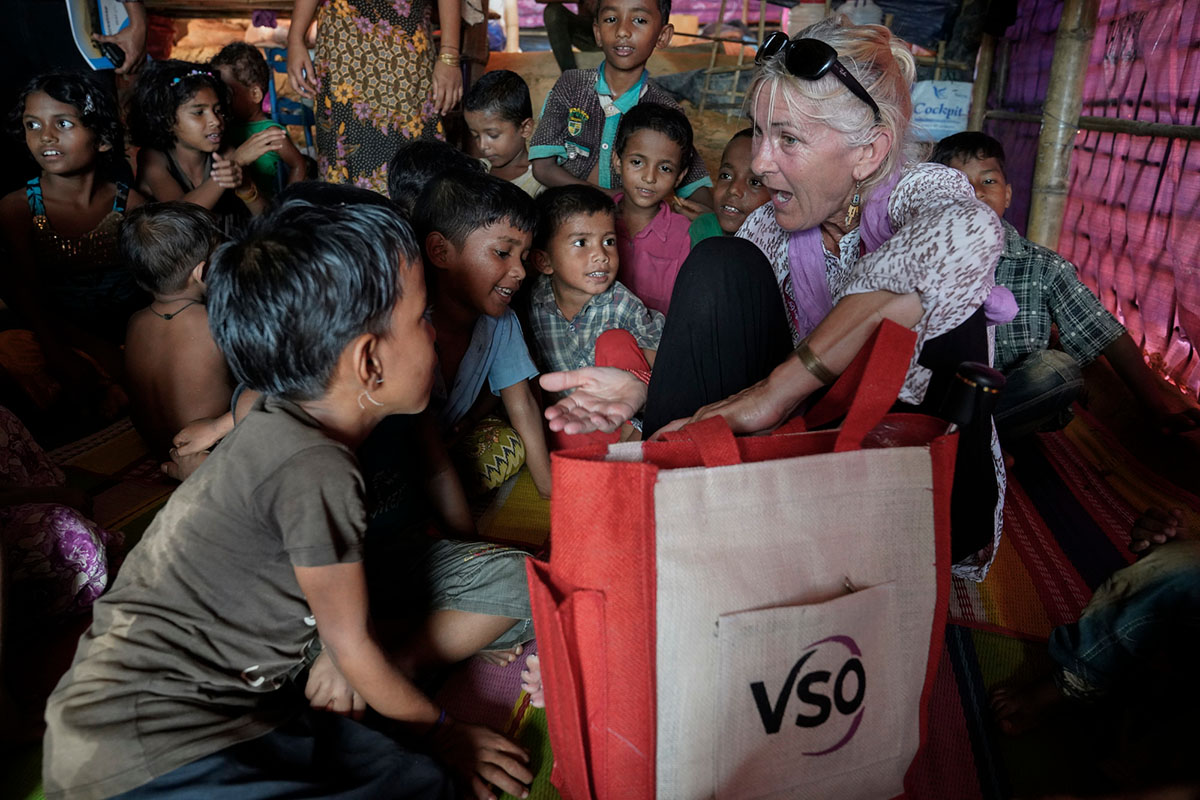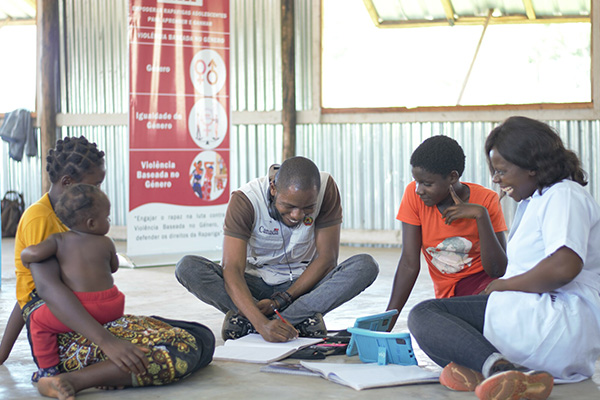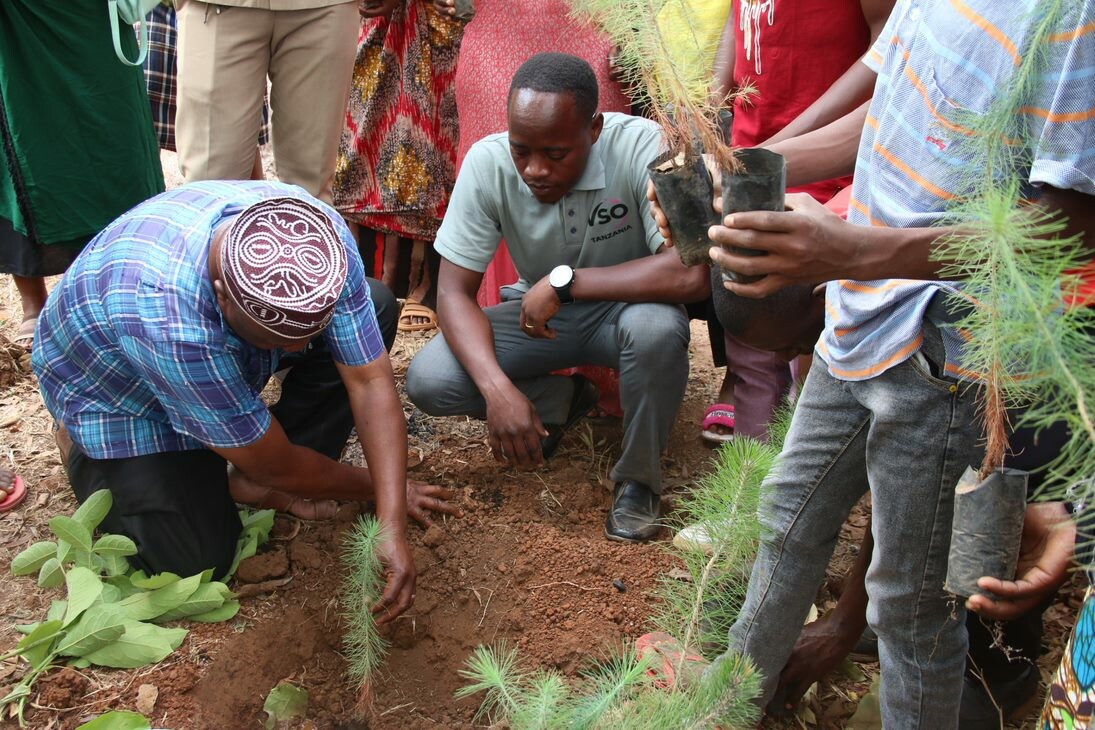VSO
Embedding Responsible Volunteering: VSO’s Journey with the Global Volunteering Standard

VSO is an international development organisation that works through volunteers. It has been engaged with the Global Volunteering Standard since its inception, playing a central role in its development and implementation. Across VSO, the Standard has become a foundational tool in driving more responsible and impactful volunteering practices, as well as a valuable advocacy resource.
Rolling Out the Standard Across Country Teams
Following the launch of the Standard at IVCO 2019, it was rolled out across VSO’s country teams—initially through online sessions held during the COVID-19 pandemic, and later through national and regional workshops. These efforts focused on building awareness, understanding, and ownership of the Standard among staff and partners, reinforcing its relevance to VSO’s mission and work with local stakeholders.
Each country office identified a focal point responsible for championing the Standard locally. These focal points received further training that explored how the Standard could support programme delivery, improve volunteer management, and strengthen monitoring processes. Through this cascade approach, VSO aimed to ensure the Standard became an integrated tool for both strategic planning and daily practice.

An enabling environment for volunteering
One of VSO’s aims is to create a more enabling environment for volunteering at the country level, and they have identified the Global Volunteering Standard as a tool to support these initiatives. VSO country teams work with local organisations and national-level networks of volunteer-involving organisations to improve volunteering practice, and the Standard has been an important tool in this work. They support local organisations to pilot the Standard. Understanding that it is a comprehensive resource, they encourage organisations to identify the areas they want to prioritise, and they follow up with them to see how they have improved in that area.
‘You would be surprised that, even though some organisations have been doing volunteering work for quite some time, there are still some elements of the Standard that make them think “That’s really helpful, we should have thought of this.” They see for example that they should at least have a code of conduct for people who become volunteers.’

Advocating for change
VSO country teams have leveraged the Standard to engage in national-level policy and advocacy. In over 10 countries, their teams have worked with government agencies to embed the principles of the Standard into local volunteer policies, strategies, and guidelines. In the Philippines, for example, the national volunteer centre has adapted the Standard into a Philippines-specific version, while in Thailand, it has informed the development of national volunteer guidelines. Similar initiatives have emerged in Cambodia, Ethiopia, Zimbabwe, Kenya, Nigeria, and Tanzania, among others.
One standout example is VSO’s work with the Ministry of Social Development in Thailand. They began from a low level of understanding about volunteering – that volunteers do work and you thank them. Through engaging with the Standard, they have come to understand the whole framework of good practice that is needed to support volunteers. Can we reword to: One standout example is VSO’s collaboration with the Ministry of Social Development in Thailand. At the outset, volunteering was largely seen in simple terms — volunteers do the work, and you thank them. Through engaging with the Standard, they’ve gained a deeper understanding of the broader framework and good practices needed to meaningfully support and sustain volunteer involvement.
Shifting Mindsets and Strengthening Practice
One of the clearest impacts of adopting the Standard has been an internal shift in understanding of responsible and impactful volunteering. VSO has seen a shift in how staff and volunteers understand the power of volunteering, and how volunteers can be supported to make the greatest possible contribution to their work.
‘It is a lot more clear. People understand the Standard and are able to talk about it and advocate for improvements to volunteering practice through the Global Volunteering Standard.’
